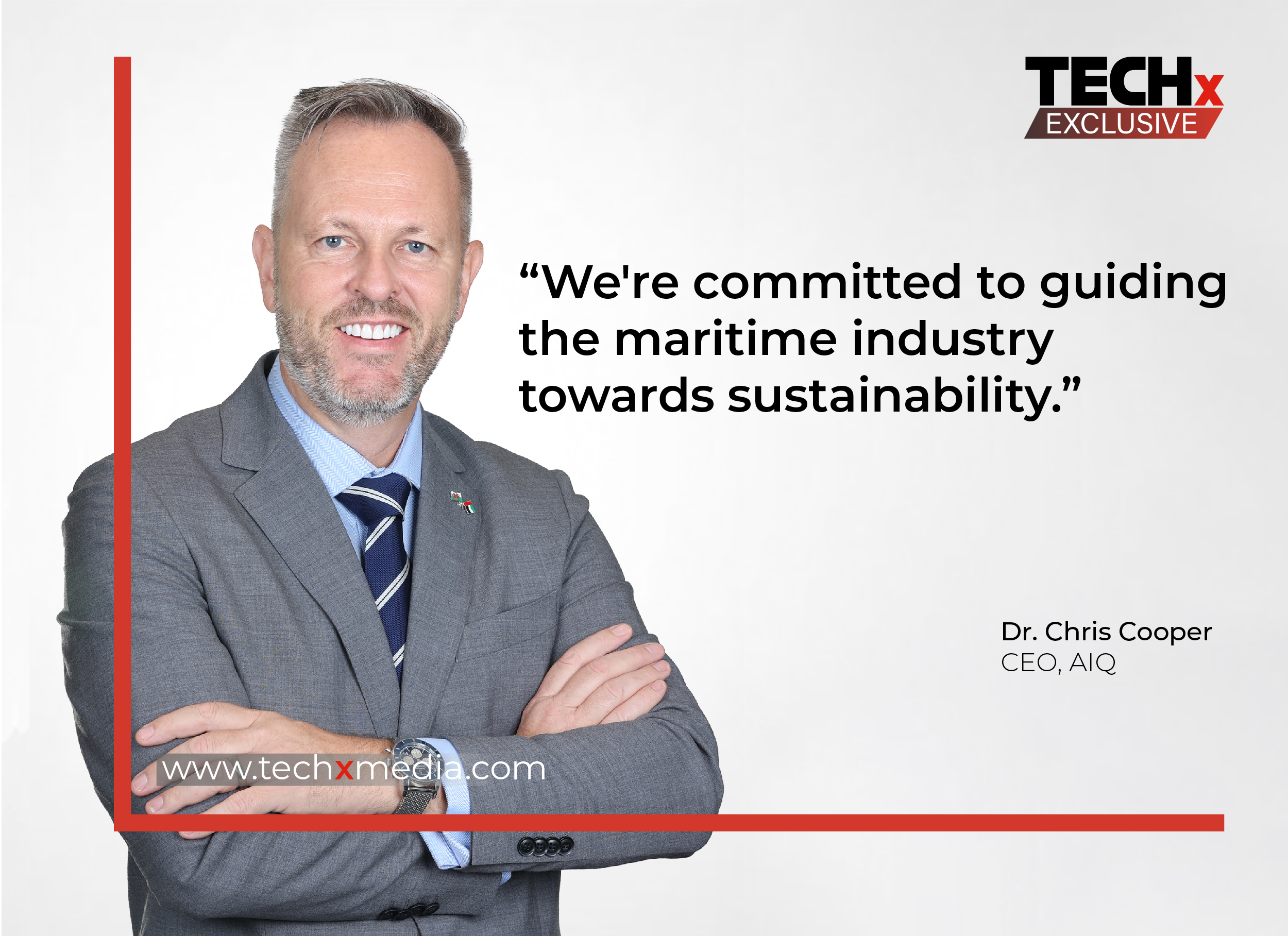
By Dr. Chris Cooper, CEO of AIQ
According to global forecasts, greenhouse gas (GHG) emissions from the world’s maritime fleet increased by 23% between 2012 to 2022, and a further 4.7% between 2020 and 2021. In a new viewpoint, titled Creating A Greener Future for the Blue Economy, published by management consulting firm Arthur D. Little, an emphasis is placed on the urgent need for decarbonization and circular use of resources in the shipping industry, and the necessity to act against pollution from both plastics and chemicals and threats to biodiversity within coastal areas.
If countermeasures are not put in place, these emissions are projected to rise by an alarming 44% by 2050. The pressing need to reduce emissions requires a significant increase in efficiency and circular use of resources and the adoption of lower-carbon fuels. Mankind is estimated to be using 1.8x the biological resources that the earth generates every year, leading to environmental degradation of the blue economy.
Arthur D. Little suggests that ports and maritime governing authorities must leverage their pivotal role in influencing the sector, pushing, and supporting all stakeholders in the development and integration of their sustainability strategies, through a roadmap of initiatives and projects across four key strategic principles: Energy transition & climate change resilience; Environmental protection; Circularity; and HSE risk management.
As a leading global AI-centric organization based in Abu Dhabi, AIQ is ideally positioned to support the achievement of these four crucial and strategic principles and more. We are strong proponents that organizational decisions are only as good as the data they are based on, with our AI-guided solutions utilizing emission data streamed directly from source factors of production to produce up-to-date reporting.
This data powers our technology to be able to provide highly accurate and comprehensive emissions positions, which in turn facilitates informed planning and execution of strategies to support carbon abatement initiatives.
Management of carbon-related risks and factors are also made possible, including regulatory compliance, reputation management, and operational hazard mitigation. Our tools can be used to monitor and track the current condition and potential maintenance requirements of physical assets. They can enable automated HSE violation monitoring and reporting to help operators to take preventative action before safety incidents occur, thereby improving HSE risk management.
Arthur D. Little’s viewpoint document concludes by underscoring that through collective action and a comprehensive approach, which includes regulatory harmonization, the introduction of innovative technologies, and sustainable practices, the shipping industry can achieve the net-zero emissions necessary to ensure a greener future in the blue economy. At AIQ, we are aligned and invested in achieving these goals and possess the expertise to help guide the maritime industry to a sustainable future.